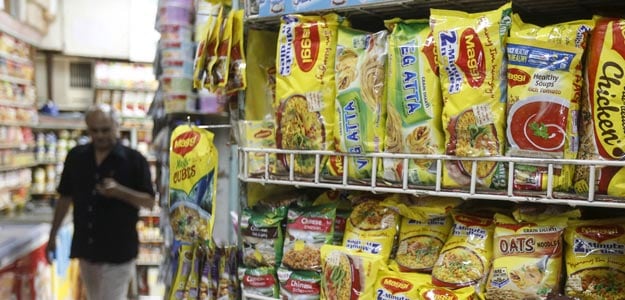"In the last one month the instant noodles category has suffered a massive drop in sales to about Rs 30 crore a month. Before the Maggi ban this category was around Rs 4,200 crore annually, which is about Rs 350 crore per month. There is a fear psychosis among consumers," the official said.
Last month the central food safety regulator FSSAI had banned Nestle's Maggi saying it was "unsafe and hazardous" for consumption after finding excessive levels of lead and violation of labeling regulations on taste enhancer monosodium glutamate (MSG). Nestle India then recalled its Maggi noodles stock from the markets.(Nestle India Takes Baby Steps Towards Damage Control: What Does it look Like?)
With FSSAI cracking the whip, HUL withdrew its Knorr Chinese noodles as well as Indo Nissin's Top Ramen noodles which were pending for approval with the food safety regulator. In the aftermath of Maggi controversy, there has been an "increased focus" on packaged food companies, the official said, adding that "there is a lot of harassment going at lower level. The industry is very scared of being subjected to more harassment".
(Nestle Chief Wants Maggi Noodles Back in India ASAP)
Seeking government intervention, the Assocham official said: "There is no standard protocol for testing in different states and manufacturers are not given enough time to take remedial measures." At least on the issue of MSG, the government should clarify that it was a mis-branding and not a safety issue.(In a Soup Again! The Story Behind MSG)
On the impact of the controversy on the food processing industry, the official said: "If there is a feeling that all food companies are rogue and consumers choose to stay away from packaged food, then who is going to invest?" Currently, investments proposed in food-related projects account to about Rs 90,000 crore which can have a multiplier effect, the official said, adding even employment could also get affected to an great extent. So far, close to 1,500 workers of Nestle India involved in manufacturing of Maggi have been adversely affected by the stoppage of production.(The Dark Side of Instant Noodles: What Makes Them Harmful?)







